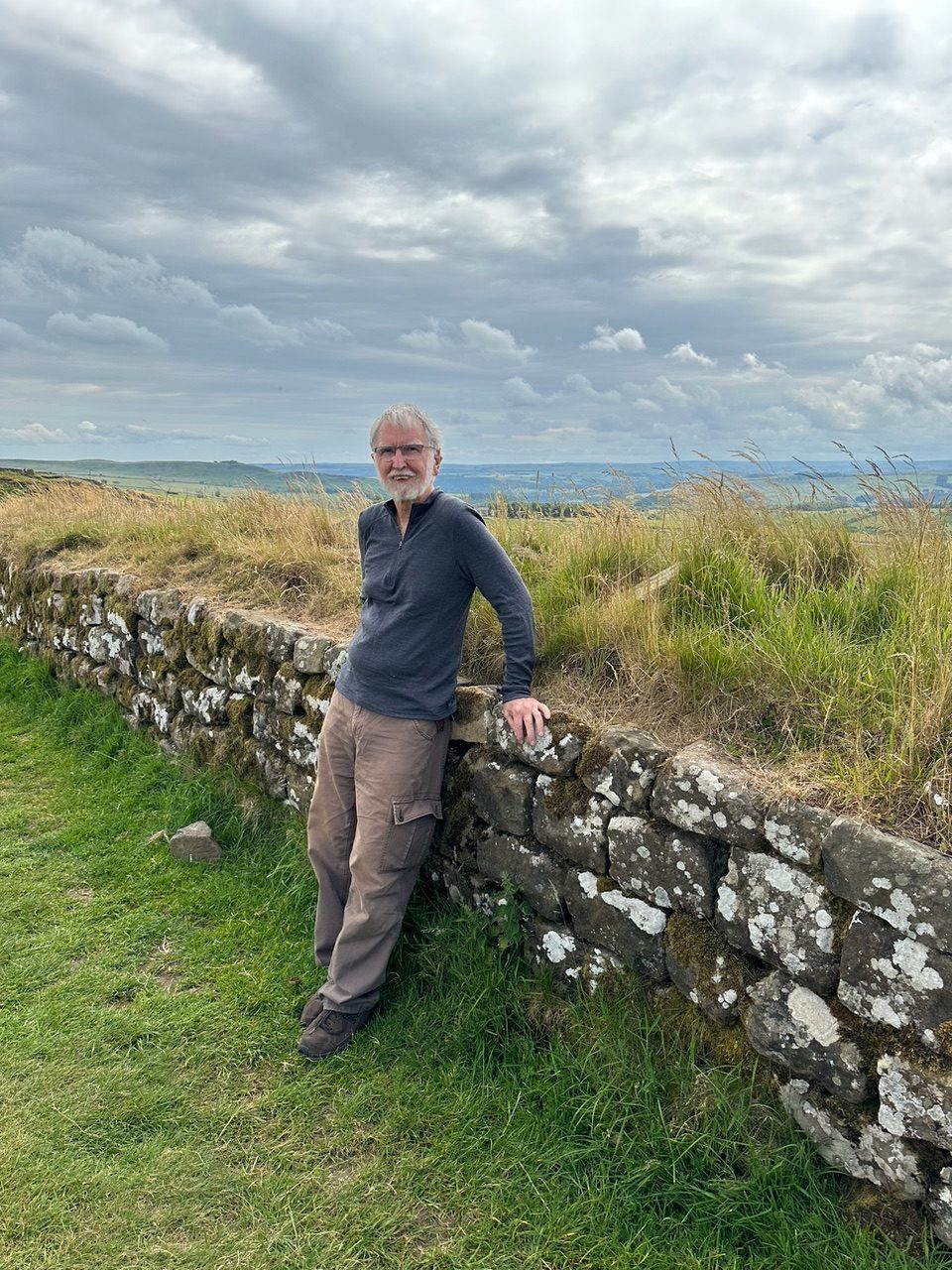Dear friends,
What has happened in the United States is a shift of the weight of the Block-Thinking Division between “Religious” and “Secular”. Let me unpack that phrasing. Block-thinking is the cognition motivated by the collective agenda of an interest group, usually a political advocacy organisation with ‘religious’ or ‘secular’ pretense. In these cases, the ‘religious’ or ‘secular’ is only a mask for the aggressive political tactics.
A Block-Thinking Division is a reference to the binary thinking which is completely false on the basis of what was explained in the block-thinking.
In Laura Meckler and Michelle Boorstein’s article in The Washington Post we have a practical example of this problem:
“To critics, the burgeoning number of taxpayer-financed religious students adds up to an unwelcome mingling of government and religion, and a drain on dollars that could support public schools, which unlike private schools are required to serve all students. That occurs both when public school students use vouchers to attend private schools — meaning their public schools lose per-pupil funding — and when the state spends large amounts of money on students whose families would otherwise pay private school tuition themselves.”
…
“For much of the 20th century, a bipartisan consensus protected a separation of church and state. But in recent decades, advocates who thought separation had gone too far advanced the opposite argument: Limiting the rights of religious groups in schools and other government settings constitutes discrimination.”
…
“We [the United States] are, as a society, underwriting religion,” he [Richard Katskee, Appellate Litigation Clinic. Duke University School of Law] said. “That’s not what the public schools are supposed to be about.”
In Australia it is not the same, colleagues in religious institutions still have evidence that some religious schools do actually need more public funding as a matter of equity. Often the cases are not a matter of the overall administration label, but whether the school is fairly catering to the community it serves, and these factors go beyond the idiotic labels of “religious” or “non-religious” in politically-charged administration.
But our resistance to the Block-Thinking Division is being eroded by choices in our education systems, I know in Queensland many ignorantly-based choices, in history and now (the unfolding history). The fact might be dismissed as ‘just thinking’ of “the times,” but the inconvenient fact remains that there have always been critics of the systems-thinking when it became skewed in cognition. The unacceptable tragedy is that arrogant political decision makers thought they knew better than the critics. I think of Dr Michael Macklin back in the 1970s at the University of Queensland, in the 1980s as Senator for Queensland, in the 1990s as the inaugural CEO of Hall Chadwick Education Advisory, and in the first decade of this century as the Professor and Dean of Arts at the University of New England.
Now, by nearly every experts’ “opinion,” Australia has experienced a great decline in our education systems. Yes, that is generalisation against where there has been improvements but the loss and pain has been to the greater scale.
—
Kind regards,
Neville Buch
Historian,
Professional Historians Australia (Queensland)
Australian and New Zealand History of Education Society (ANZHES)
Convenor, Sociology of Education Thematic Group, The Australian Sociological Association (TASA).
President, Southern Brisbane Suburban Forum (SBSF).
Director, Brisbane Southside History Network (BSHN).
MPHA (Qld), Ph.D. (History) UQ., Grad. Dip. Arts (Philosophy) Melb., Grad. Dip. (Education) UQ.
Call: 0416 046 429
ABN: 86703686642
Featured Image: 2023. Michael Macklin at Hadrian Wall. With Permission.
Neville Buch
Latest posts by Neville Buch (see all)
- Anticipation of a better locally-regionally world, globally conceived - November 22, 2024
- Free Thinker Institute (FTI) Stoa: Aligning Judgment with Virtue (HYBRID) - November 21, 2024
- How Small is Australian Higher Education Sector for Domestics? - November 20, 2024

